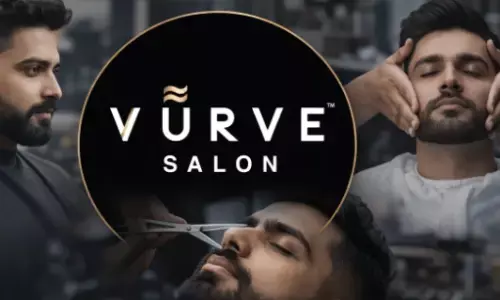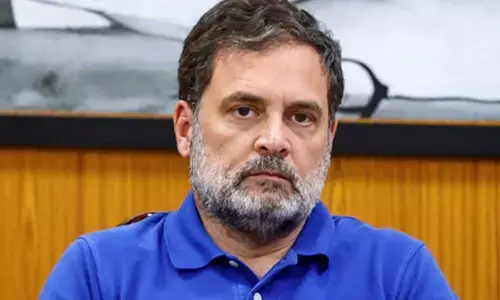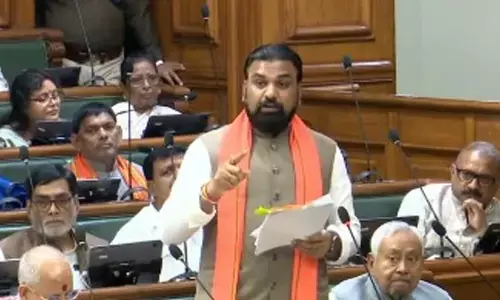Liberal Arts education, a new wave in learning
 Liberal Arts education, a new wave in learning
Liberal Arts education, a new wave in learningSo, in a modern context, what is liberal arts education? There are now many subjects that fall within the broad scope of the category; a typical liberal arts degree program is interdisciplinary, covering topics within the humanities, as well as social, natural and formal sciences.
There are differences in the particular subjects included in liberal arts degree programs at different institutions. However, the liberal arts spectrum is generally accepted as covering the following fields:
Humanities - includes art, literature, linguistics, philosophy, religion, ethics, modern foreign languages, music, theatre, speech, languages etc.
Social sciences - includes history, psychology, law, sociology, politics, gender studies, anthropology, economics, geography, business informatics, etc. Natural sciences - includes astronomy, biology, chemistry, physics, botany, archaeology, zoology, geology, Earth sciences, etc. Formal sciences - includes mathematics, logic, statistics, etc.
The term 'liberal arts education' can also be applied to the dedicated study of just one of the above subjects (for example, a student studying a BA in History could be said to be undertaking a liberal arts education). In general, however, the term refers to degree programs that aim to provide a broader spectrum of knowledge and skills.
The liberal arts are a set of academic disciplines that include the sciences and the humanities. When you study a liberal arts curriculum, you don't have to have one specific career goal, although you might. Instead, you'll assemble a broad foundation of knowledge that can be used in a wide spectrum of careers. You'll learn to think critically, examine the world around you, communicate effectively and adjust to changing situations.
If you would like to enter a professional field such as law or medicine, many liberal arts programs could prepare you to continue your studies in a graduate program. A liberal education is an approach to college learning, that empowers individuals and prepares them to deal with complexity, diversity, and change Liberal Arts is a structured combination of the arts, biological and physical sciences, social sciences, and humanities, emphasizing breadth of study.
It aims to provide a learning experience that empowers students with the skills to deal with change, diversity and complexity, to make them problem solvers, critical thinkers and responsible members of the society.
Though you study multiple subjects in a Liberal Arts course, you still get to choose the subjects you wish to major in, as well as your minor subjects. Liberal arts course offers you great freedom to build the most interesting subject combinations. For instance, if you choose Journalism as your major subject, you could choose from over 15 subjects for a minor subject, ranging from Economics, Finance, International Studies, HRM, to Literary and Cultural Studies, Music, Dance, Design, Theatre, etc.
Depending on the choice of your subjects you get one of these degrees- B.A, B.A Hons, B.B.A, or B.Sc. in Liberal Arts. Your degree depends on the stream you choose to major in. For instance, if you major in History, Economics, you get a degree of B.A (Liberal Arts) and if you choose Math's or Biology, you get a degree in B.Sc. (Liberal Arts).
Liberal Arts in India is most commonly offered as a three-year undergraduate degree. However, some universities do offer an optional fourth year. In a few universities, the curricula have in-built Liberal Arts courses, without a dedicated course to it.
Why liberal arts needed?
What is Liberal Arts education? According to John Henry Newman, "The purpose of a Liberal Arts education is to open the mind, correct it, to refine it, to enable it to know and to digest, master, rule, and use its knowledge, to give its power over its own faculties, application, flexibility, method, critical exactness, sagacity, resource, address, and eloquent expression".
A Liberal Arts education promotes intellectual curiosity, helps in the process of creating knowledge in a range of subjects ranging from arts and humanities, social sciences to the natural and applied sciences. The Liberal education is a holistic education fostered to encourage creativity and independent thinking.
Increased automation, climatic changes, artificial intelligence and the vagaries of nature will call for greater resource fulness on how we cope with change.
There is endless information available today to anyone who has a smartphone and an internet connection, and it is more important for our youngsters to learn 'how to think' through complex problems by looking for solutions from different perspectives.
A strictly vocational training is nonetheless not the need of the hour and some very thoughtful scholars have indicated that in this globalized post-industrial society a totally different skill set and mindset is needed for people to survive and succeed. These are the people with a deep sense of imagination and with a mind like a parachute that functions best when it is open. An exposure to a Liberal Arts education will help to reach this goal much easily.
Liberal arts colleges aim to mould their students into well-rounded, well-informed global citizens with a wide skill set. The focus is now shifting to how good you are with reasoning, mathematical skills and writing skills - with these you can do any job well regardless of what content you are taught.
(Source: Employment News)










